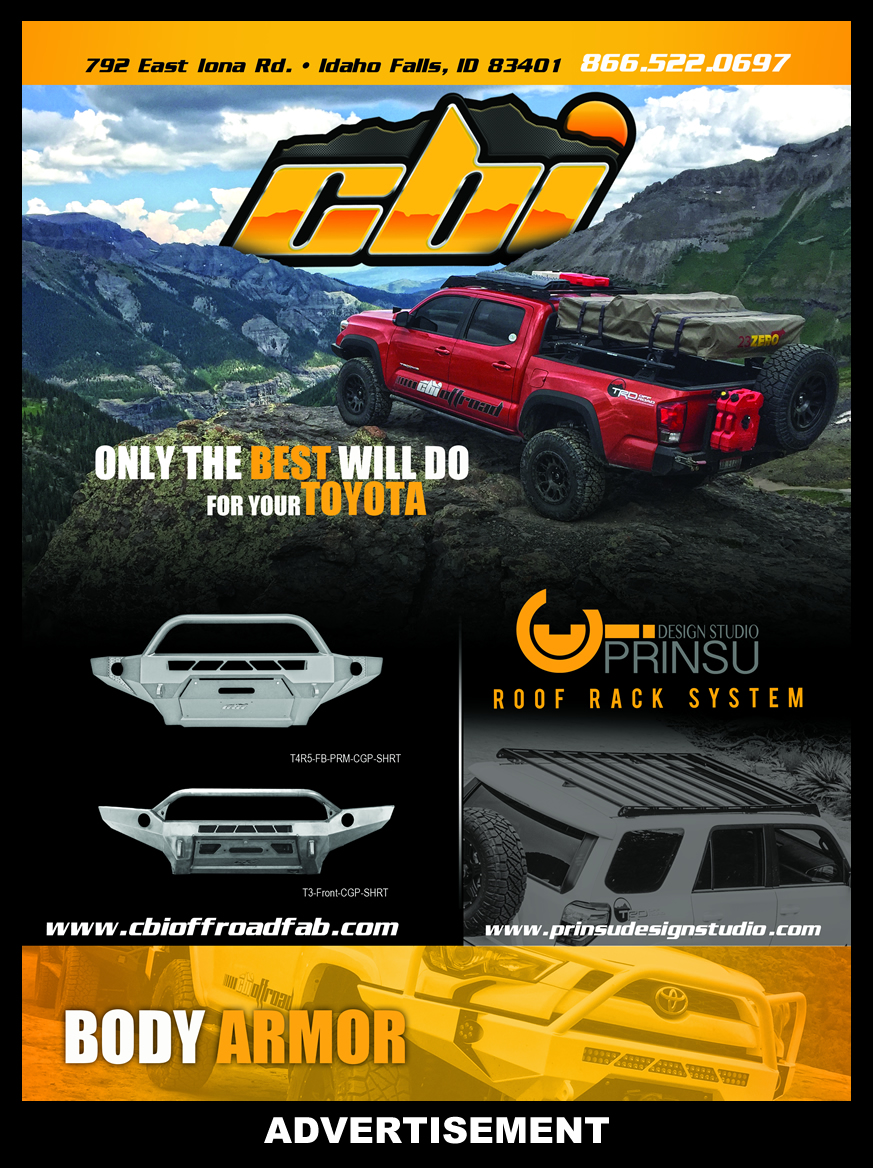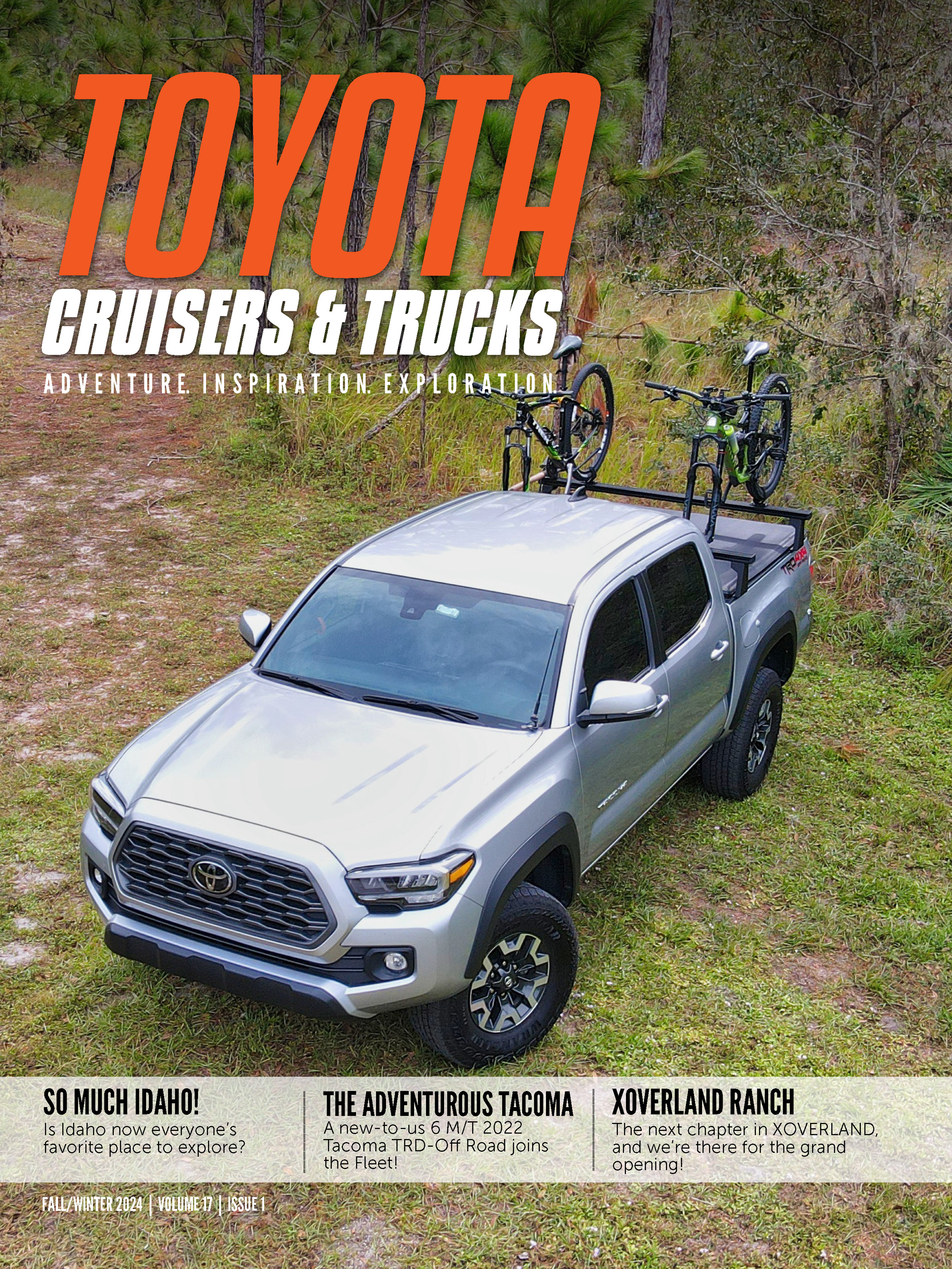As our 2012 GX-460 nears 90,000 miles I’ve been steadily working through not only the 90,000 mike checklist from Lexus, but a few other important items to ensure she’s ready for the upcoming exploring season. As our 2012 GX-460 nears 90,000 miles I’ve been steadily working through not only the 90,000 mike checklist from Lexus, but a few other important items to ensure she’s ready for the upcoming exploring season.
The best way to start is with a thorough cleaning from top to bottom. This includes the entire undercarriage as well as the engine bay, including degreaser. A clean engine bay makes it much easier to spot leaks, worn components, and any other potential issues.
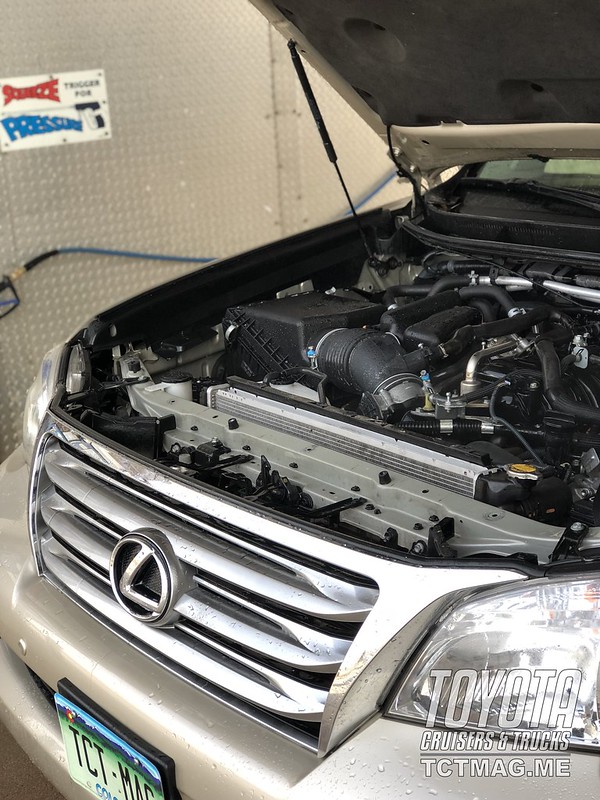
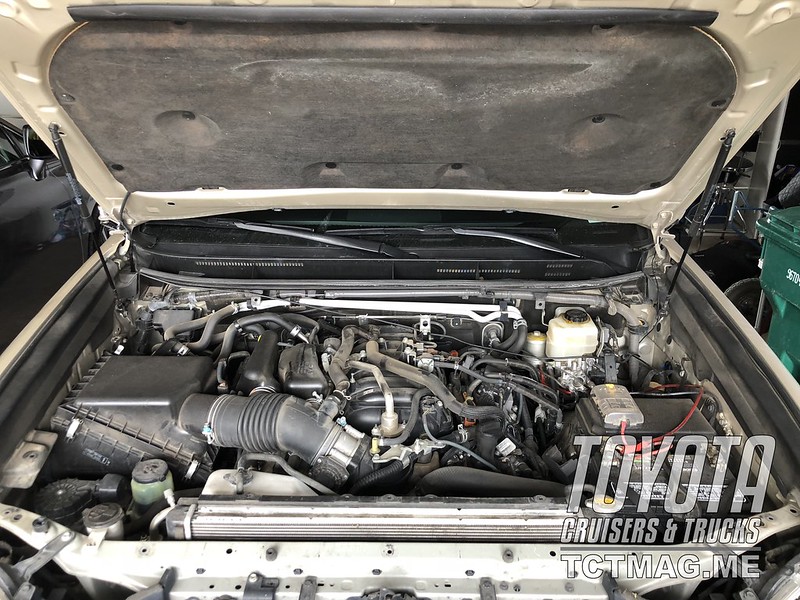
Now is also a good time for a full wash & wax, if you’re so inclined. Also consider a full detail to find any nagging interior problems. For over 10 years I’ve used 303 Aerospace (link: http://tctmag.us/az303) on all interior surfaces and have never been disappointed.
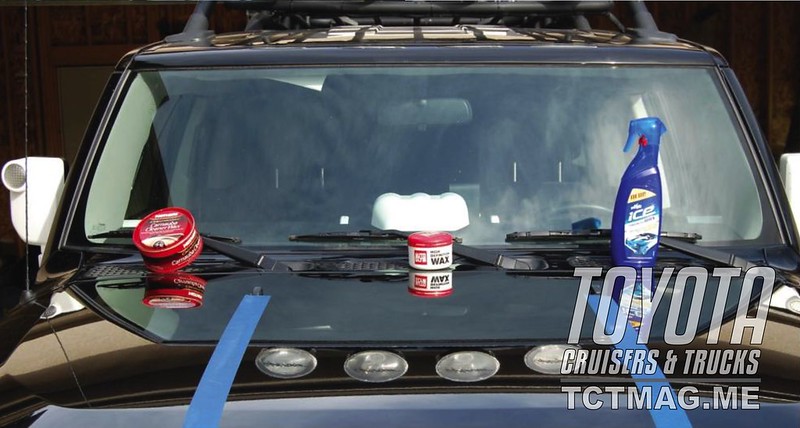
Under the hood, remove any plastic covers if you haven’t yet (the Lexus has plenty of them). Inspect your wiring for frays, corrosion, and loose connections. Note any problems for repair or replacement after the inevitable trip to the auto parts store. Under the hood, remove any plastic covers if you haven’t yet (the Lexus has plenty of them). Inspect your wiring for frays, corrosion, and loose connections. Note any problems for repair or replacement after the inevitable trip to the auto parts store.
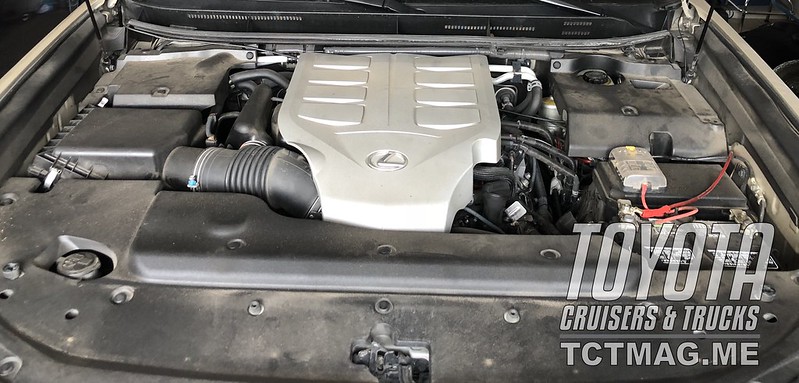
While Toyota recommends flushing your engine coolant at 100,000 miles (on the GX-460), it’s always a good idea to check both the level and serviceability of your coolant at every oil change. A standard hydrometer (link: http://tctmag.us/amzhydrom) can help determine if your coolant is acceptable.
Check your serpentine drive belt for cracks and wear, and be prepared to replace it. It’s probably a good idea to carry a spare drive belt with you on a vehicle with over 75,000 miles.
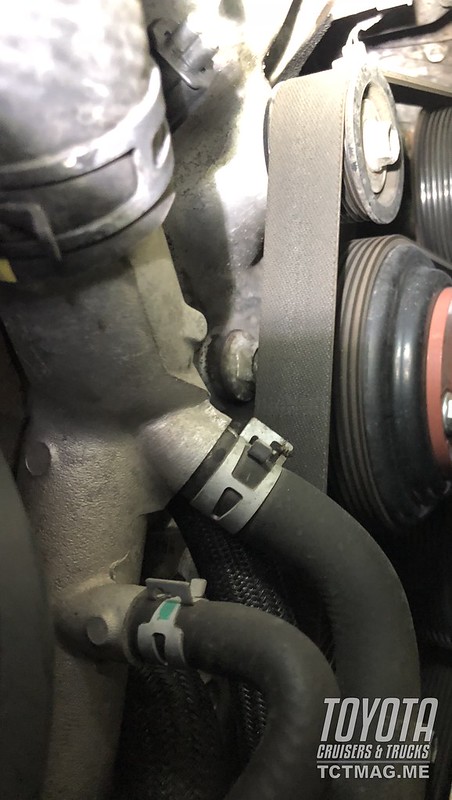
For our 2012, the maintenance manual (link: http://tctmag.us/gx460serviceman) specified replacing spark plugs at 120,000 miles, but other vehicles may have a different interval. You should consider pulling one or two plugs for inspection and replace them if they appear fouled or excessively worn.
Raise the vehicle & remove all four wheels so you can fully inspect the driveline components, brakes, and suspension. NOTE: It’s important to support the vehicle securely on jack stands under the frame. This will allow a full look at the suspension while the vehicle is raised. We always recommend an ASE certified mechanic perform all inspections.
Brakes should have plenty of Service life left (at least 3 or 4mm). Rotors should be smooth and free of cracks, grooves, or heat spots. Rust can also indicate possible problems with rotors. Our GX just received upgraded (link: http://tctmag.us/460brakes) Terrain Tamer HD brakes from Cruiser Brothers, so we’re all set for wheeling & towing in 2018 (link: http://tctmag.us/cruiserbrothers).
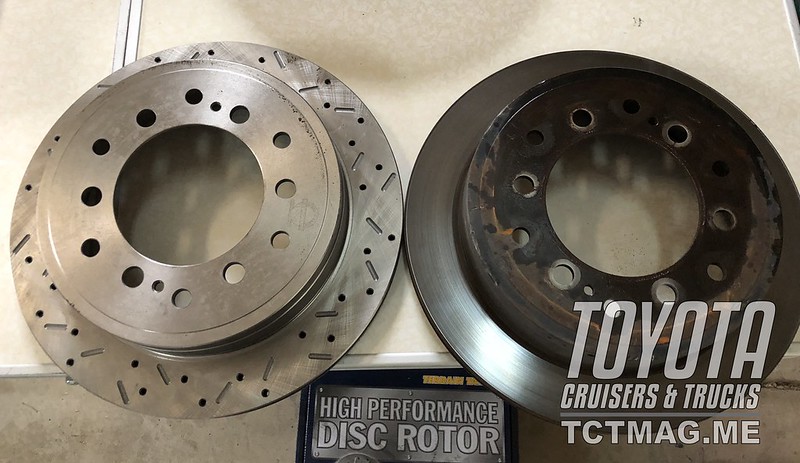
If you haven’t yet upgraded your suspension, inspect your springs and shocks for corrosion and loose fasteners. Also check to ensure that bushings are pliable and serviceable. Before the 2018 season, we’ll be installing a Toytec Lifts BOSS Performance Lift with SPC UCAs(link:http://toytec.us/gx460lift)
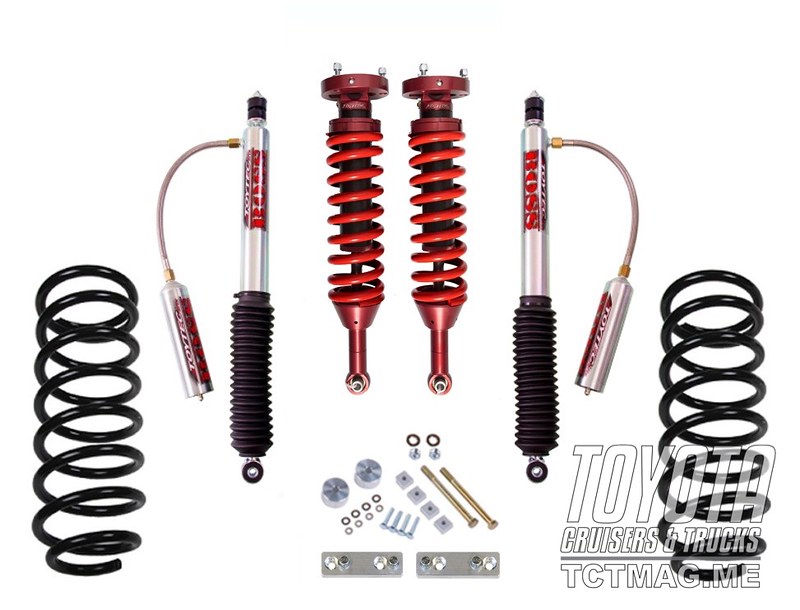
Related Articles
Other items to inspect a service as necessary on vehicles near 90,000 miles:
Wheel Bearings:
These can be tricky to test since symptoms of bad bearings can point to a number of issues. Unless you drive through a lot of water the bearings should last over 100,000 miles, but it’s still a good idea to keep an eye on them. Blue Pit Bearings (link: http://tctmag.us/bluepitbearings) offers bolt-on bearing assemblies for nearly every Toyota 4x4 vehicle.
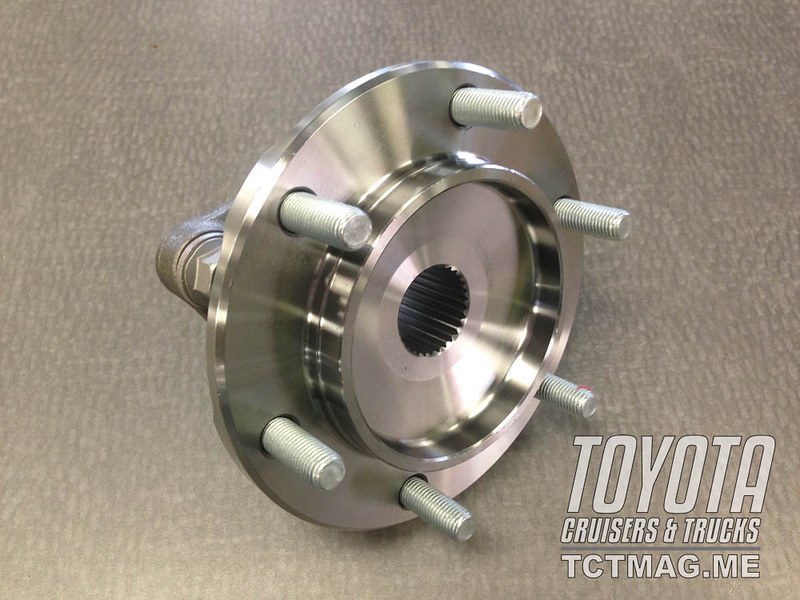
CV Boot & Seals:
Your Constant Velocity (CV) seals are a critical part of the Independent Front Suspension (IFS). Inspect for leakage, wear, and tears. The replacement process is not difficult, but is beyond the scope of this article. Learn more about CV Joints here: http://tctmag.us/allaboutcv
Should you need to replace a front drive shaft, our partner Last Great Road Trip has a great tutorial for an FJ Cruiser. Other Toyota vehicles will be very similar. (link: http://tctmag.us/lgrtfaxle)
Differentials:
I check the fluids on my differentials at every oil change, and replace the fluid about every 30,000miles.
Universal Joints:
Clunking, banging, bad vibrations, and chirping could all be signs of a bad u-joint. Always grease your joints at every oil change, and I usually carry 1 or 2 spares on long trips.
These steps are not meant to be all inclusive, and of course do not attempt a repair unless you’re qualified and/or have an experienced person helping. We always recommend a certified mechanic perform all maintenance and repairs on your vehicle to ensure safety and reliability.
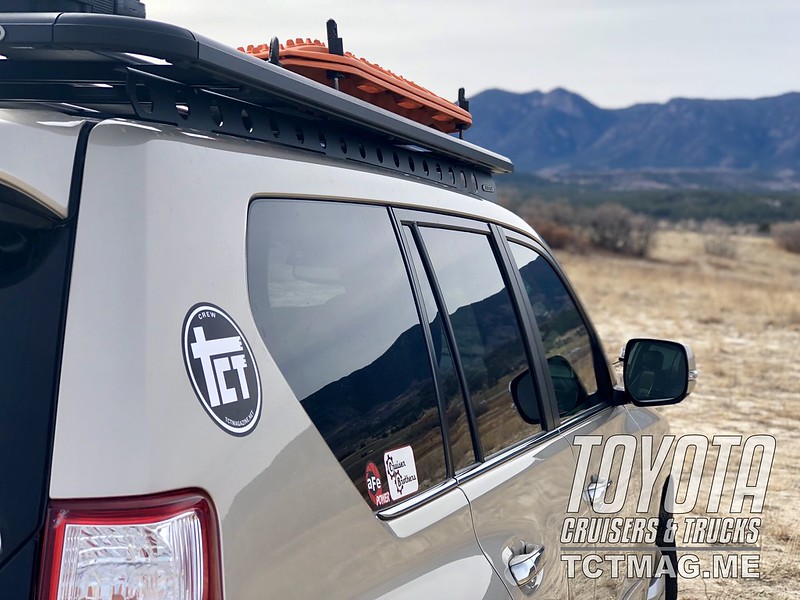
With a little preventative maintenance, your barely broken in Toyota will continue to explore safely and reliably for thousands of miles. We’ve seen regular trucks with over 300,000 miles still going strong. Also don’t forget about the Million Mile Tundra (link: http://tctmag.us/mmtundra).
Do you have an amazing well broken in Toyota Cruiser or Truck? Send us a photo: http://tctmag.us/myrig
To get your copy of the
Winter 2018 Issue:
Follow us on Facebook, Twitter, and Instagram to get up-to-date industry news, events, and of course, amazing adventures, stories, and photos!











